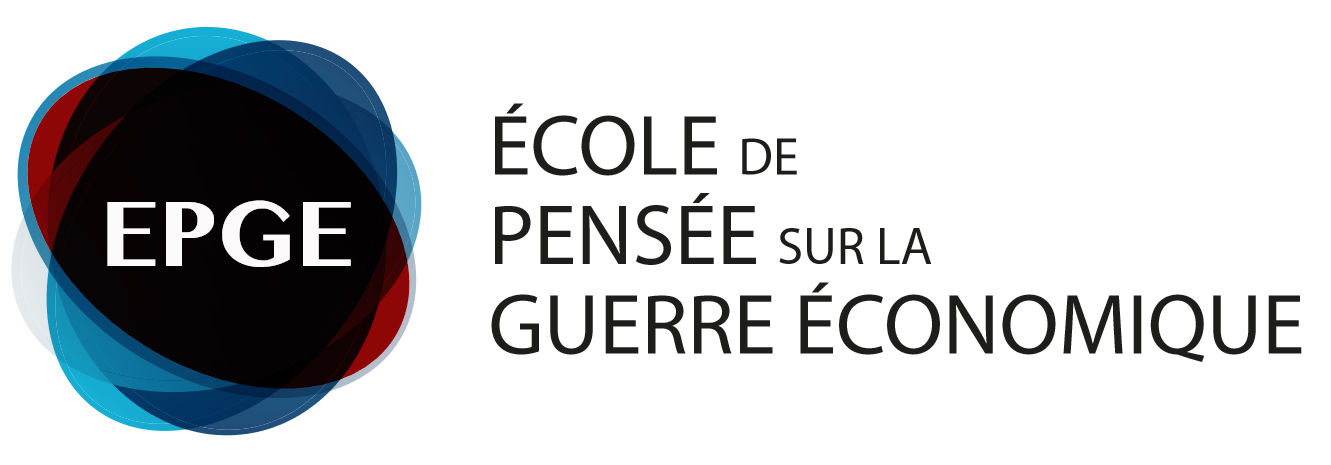par Christian Harbulot
Germany’s energy policy weakens France’s energy policy. This situation harms both our countries, and the relevance of the European foundation.
After the defeat of the Second World War, Germany suffered from the deprivation of resources and the lack of means to live up to its ambitions. The use of nuclear weapons against Japan and the Euromissile crisis accentuated the feeling of mistrust concerning nuclear power within a part of the German population. This mistrust is one of the reasons for Germany’s abandonment of the nuclear industry.
Born in 1980 from the German anti-nuclear movement, the German energy transition is now a political, industrial, and commercial tool. The Energiewende also has a European reach. Non-Renewable Energies are presented as the relevant alternative to nuclear power, whereas they are an uncontrollable source of energy, with a production which varies according to weather conditions.
With limited electrical storage capacity, Berlin is avoiding the blackout by importing or exporting the required electricity from its neighbours. The vulnerability of this compromise is that in the event of a failure, there is a risk of « blackout » which could not only affect Germany but also many other European countries.
Through the pretext of having a background in the energy transition, the German Chancellery and its relays in Brussels are relying on the display of the European Green Deal [Green New Deal] to favour energies deemed “green” by the Commission and therefore eligible for European subsidies. However, a report by the European Commission’s Joint Research Centre has demonstrated the viability of nuclear power as a green energy. But Berlin is ignoring its findings in order to keep the focus on subsidies towards the energy sectors outside of the field of nuclear power.
Alongside with its allies, which include Luxembourg and Austria, Germany is running a parallel influence campaign aiming to make natural gas appear as « green energy », while it pollutes 40 times more than nuclear. On this delicate issue, Berlin does not take into account the opinion of the International Energy Agency (IEA), which recently recommended stopping investments in fossil fuels and gas. In this regard, we can notice that Germany has very large interests in the Nord Stream II project led with Russia. 35% of German gas comes from Russia.
This situation of dependence forces Berlin to question the Union’s principle of “energy security” stated in the European treaties, while endangering the European objective of carbon neutrality by 2050.
